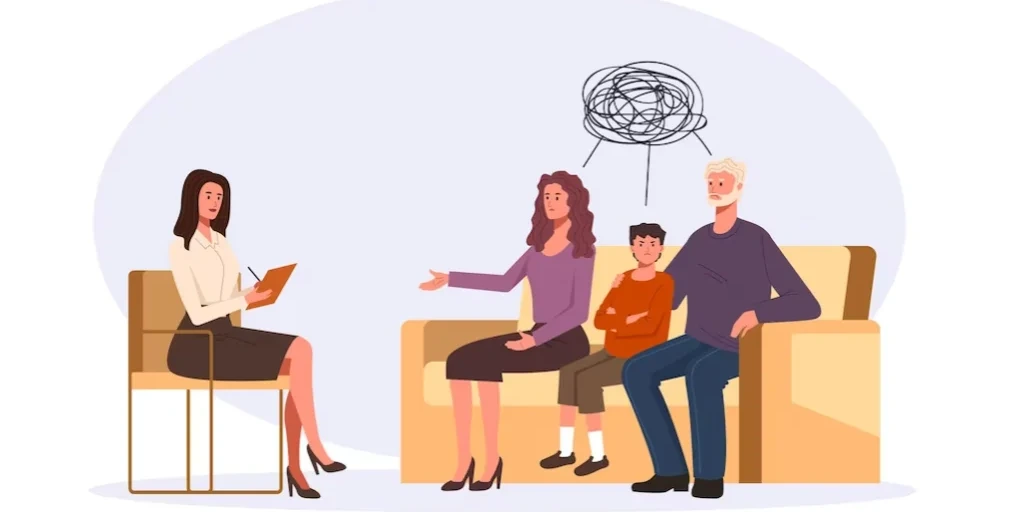24/7 Helpline:
(866) 899-221924/7 Helpline:
(866) 899-2219
Learn more about Bipolar Disorder Treatment centers in Camilla

Other Insurance Options

PHCS Network

AllWell

Providence

United Health Care

Multiplan

Sliding scale payment assistance

Optima

Premera

WellCare Health Plans

Horizon Healthcare Service

Cigna

Humana

Excellus

Amerigroup

Optum

Access to Recovery (ATR) Voucher

Health Partners

MVP Healthcare

BlueCross

Carleon

SBZ Services Unlimited
SBZ Services Unlimited is a private rehab located in Camilla, Georgia. SBZ Services Unlimited specia...


































